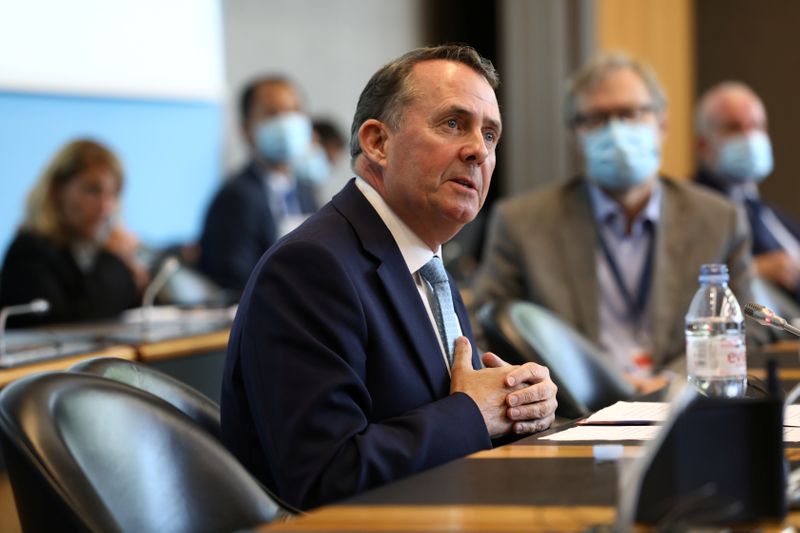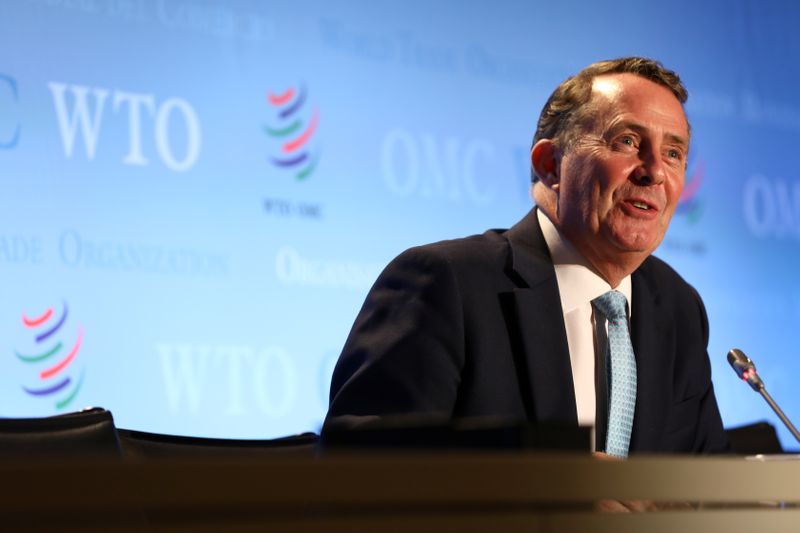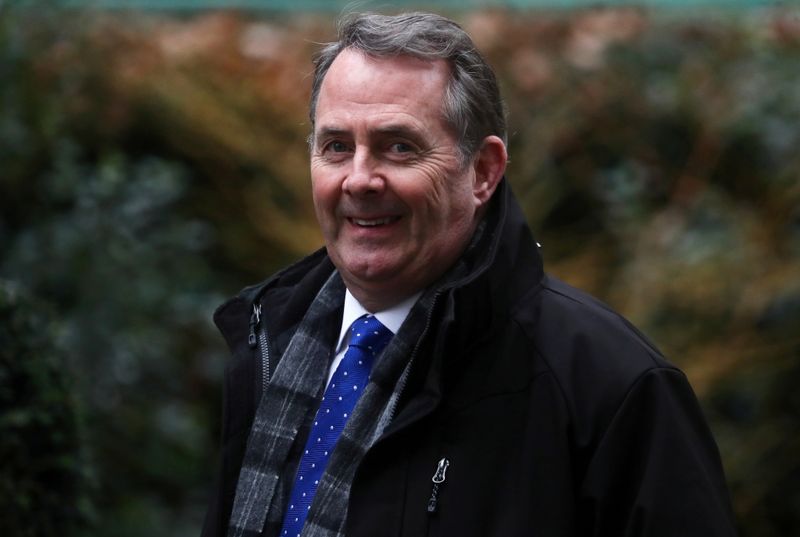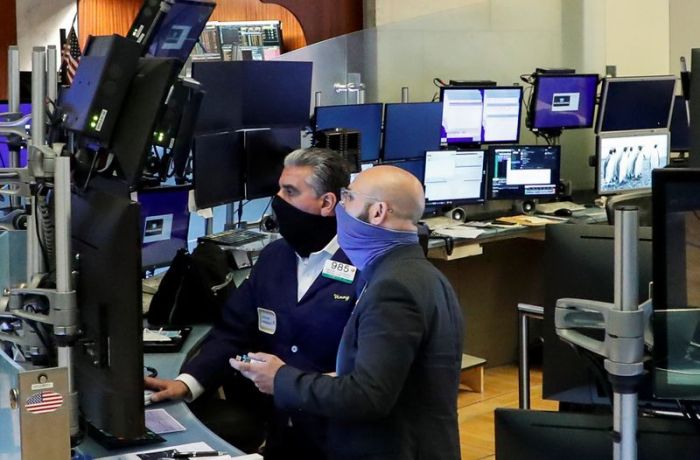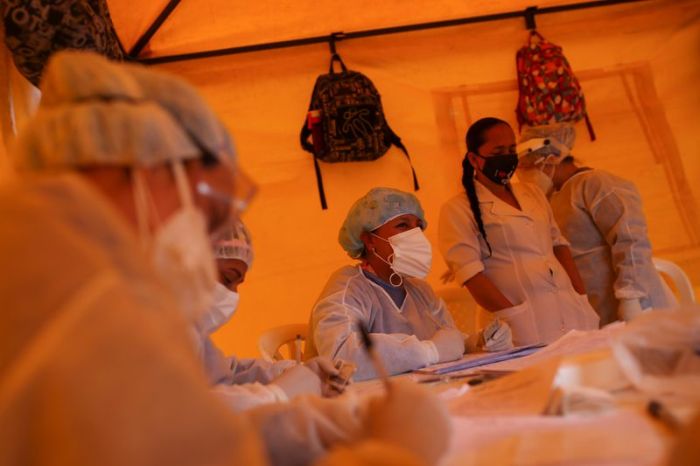ZURICH/GENEVA (Reuters) – Britain’s candidate to be the next director general of the World Trade Organization, Liam Fox, would not take sides in trade disputes between members as it battles the global downturn caused by COVID-19 and rising protectionism, he said on Friday.
The former British trade secretary had paid five visits to Washington and five visits to Beijing during his previous role, and if elected would take a balanced approach to clashes which have rocked the global economy.
“We are not going to be involved in taking sides in bilateral trade disputes,” Fox, one of eight candidates to succeed incumbent Robert Azevedo, told a news conference at WTO headquarters. “Our role is the maintenance on the rules that are already existing.”
Countries could not pick and choose which rules to follow and, he said, while all economies would suffer from a breakdown in global trade, he said.
Fox declined to criticise the United States which has become more protectionist under President Donald Trump, but thought the WTO’s dispute resolution system and its Appellate Body – which has been attacked by the U.S. as going beyond its mandate – could be revived.
As the coronavirus ravaged the global economy, agreements were now necessary than ever, Fox said, not least Britain’s own attempts to secure a post-Brexit trade deal with the European Union.
“There is a great incentive to reach an agreement not just for the two parties but as a good sign for the global economy that we can set the conditions fair for the recovery that we require to make after the pandemic,” Fox told reporters.
The global economy is forecast to shrink by 13% in the first half of 2020, Fox said, citing OECD figures, while unemployment could reach its highest levels since the Great Depression of the 1930s.
“This is not a job for a technocrat, this is a job for a politician and probably one who has been around for a while and carries the scars of the most difficult battles,” he said.
(Reporting by John Revill; Editing by Michael Shields)

